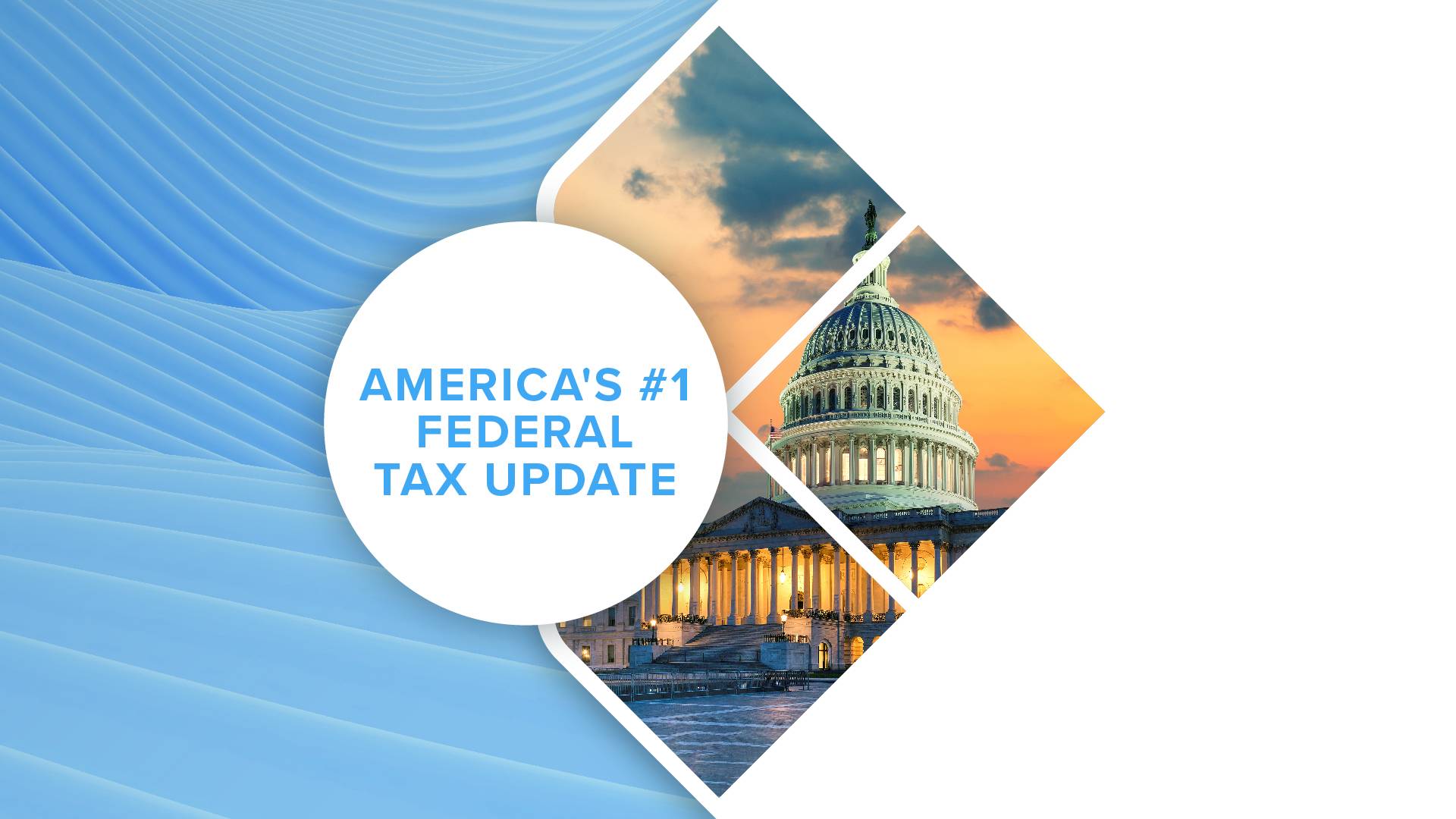

$203.00 – $233.00
Webcasts are available for viewing Monday – Saturday, 8am – 8pm ET.
Without FlexCast, you must start with enough time to finish. (1 Hr/Credit)
Individual Retirement Accounts
Format
Self-Study
Course Level
Overview
CPE Credits
7 Credits: Taxes
Course Description
This course offers a deep dive into the world of individual retirement accounts, equipping tax, accounting, and finance professionals with the knowledge to expertly navigate these critical investment tools. Starting with foundational IRA concepts and definitions, the course progresses through a range of topics including Roth IRAs, Coverdell ESAs, SEP IRAs, and SIMPLE IRAs. You will learn about the evolution of IRAs, understand the nuances of various IRA types, and explore the tax implications and distribution guidelines of each. The course’s comprehensive approach ensures that you’ll not only become familiar with IRA terminology and concepts but also understand how to apply this knowledge in practical scenarios, making it an invaluable resource for advising clients and enhancing your professional expertise.
Learning Objectives
After completion of this course, you will be able to:
Chapter 1
- Describe the general provisions and limits applicable to IRAs at the time of their introduction;
- Identify the enhancements made to the early IRA program that currently permit:
- Spousal IRAs for unemployed spouses,
- Active participants in employer-sponsored qualified plans to participate in IRAs,
- Eligible individuals to participate in Roth IRAsthat offer tax-free qualified distributions, and
- Contributions to be made to Coverdell Education Savings Accounts.
Chapter 2
- Discuss the limitations imposed on Roth IRAeligibility and contributions;
- Explain the tax treatment of contributions to and distributions from Roth IRAs;
- Describe the conditions that must be met for a Roth IRAdistribution to be considered a “qualified distribution”;
- Explain the distribution rules applicable to Roth IRAdistributions upon the death of the owner; and
- Discuss the rules applicable to traditional to Roth IRAconversions
Chapter 3
- Discuss the financial vehicles in which IRA assets may be invested;
- Identify the investments in which IRA assets may not be allocated;
- Describe the additional benefits provided by investing IRA assets in an annuity; and
- List the factors that should be considered in determining the suitability of a variable annuity as a client’s IRA investment.
Chapter 4
- Discuss the tax treatment of ESA earnings and distributions;
- Explain the eligibility requirements applicable to ESA contributors and beneficiaries;
- Describe the ESA contribution limits; and
- Discuss the rules governing ESA rollovers.
Chapter 5
- Identify the additional employer benefits associated with establishing a Simplified Employee Pension IRA compared to establishing a qualified plan;
- Explain the rules governing the employees that must be included in, and the employees that may be excluded from, a Simplified Employee Pension IRA;
- Discuss the rules applicable to employer and employee contributions to a Simplified Employee Pension IRA;
- Describe the tax treatment of Simplified Employee Pension IRA contributions and distributions; and
- Explain the rules applicable to Simplified Employee Pension IRA rollovers.
Chapter 6
- Describe the eligibility rules applicable to a SIMPLE IRA for employers and employees;
- Explain the rules governing SIMPLE IRA contribution sources and the limits applicable to annual additions;
- Describe the rules and restrictions governing rollovers from a SIMPLE IRA; and
- Discuss the taxation and rules applicable to SIMPLE IRA distributions.
Course Specifics
823326923
April 7, 2023
There are no prerequisites.
None
151
Compliance Information
IRS Provider Number: 0MYXB
IRS Course Number: 0MYXB-T-02340-23-S
IRS Federal Tax Law Credits: 7
CTEC Course Number: 2071-CE-1908
CTEC Federal Tax Law Credits: 7
CFP Notice: Not all courses that qualify for CFP® credit are registered by Western CPE. If a course does not have a CFP registration number in the compliance section, the continuing education will need to be individually reported with the CFP Board. For more information on the reporting process, required documentation, processing fee, etc., contact the CFP Board. CFP Professionals must take each course in it’s entirety, the CFP Board DOES NOT accept partial credits for courses.
CTEC Notice: California Tax Education Council DOES NOT allow partial credit, course must be taken in entirety. Western CPE has been approved by the California Tax Education Council to offer continuing education courses that count as credit towards the annual “continuing education” requirement imposed by the State of California for CTEC Registered Tax Preparers. A listing of additional requirements to register as a tax preparer may be obtained by contacting CTEC at P.O. Box 2890, Sacramento, CA, 95812-2890, by phone toll-free at (877) 850-2832, or on the Internet at www.ctec.org.
Meet The Experts

Paul J. Winn CLU ChFC is a writer with more than 30 years experience in the life insurance and securities industry as an agent/registered representative, an agency head, a marketing vice president for a life insurance company and the president of a corporate registered investment adviser. He was a long serving member of the advisory board to the New York State insurance department. He is a published book author and creator of more than 200 taxation, insurance and securities training courses.
Related Courses
-
 Taxes
Taxes
2023 Federal Tax Update (Complete Edition)
Mark Seid, EA, CPA, USTCP & Sharon Kreider, CPA QAS Self-Study
Credits: 20 $575.00
QAS Self-Study
Credits: 20 $575.00$575.00Original price was: $575.00.$432.00Current price is: $432.00. -
 Taxes
Taxes
Estate Tools & Trusts
Danny Santucci, JD QAS Self-Study
Credits: 2 $58.00
QAS Self-Study
Credits: 2 $58.00$58.00 – $78.00
-
 Taxes
Taxes
Estate Planning
Danny Santucci, JD QAS Self-Study
Credits: 2 $58.00
QAS Self-Study
Credits: 2 $58.00$58.00 – $78.00
